New services for Mediterranean shipping
Affected by the global spread of the epidemic, ports in many countries and regions are facing problems such as unloading congestion, prolonged time and even port closure, and shippers have to face high storage costs, demurrage and other pressures.
On the other hand, the Asian market is gradually recovering, and the production of raw materials and finished products is gradually picking up.However, the current overseas market demand is weak, and the impact of the epidemic gradually reduced, the recovery of demand, freight demand may usher in explosive growth.
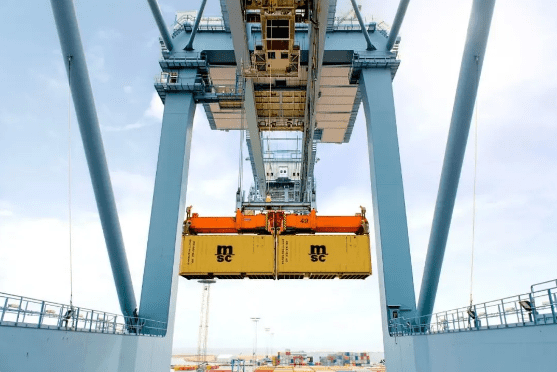
In response, on March 31st Mediterranean shipping announced a new service, the delayed transit service (SOT).
It is understood that the service offers cost savings to customers facing high storage costs, demurrage, daily allowance and other charges at the port of destination by stashing goods at container yards at six transshipment centres in the far east, the Middle East, Europe and the americas.
At the same time, it brings the goods closer to the destination market and reduces the risk of the port of discharge being crowded or closed.Once the port of destination resumes operation or the market demand at the destination picks up, the delivery time will be greatly shortened.
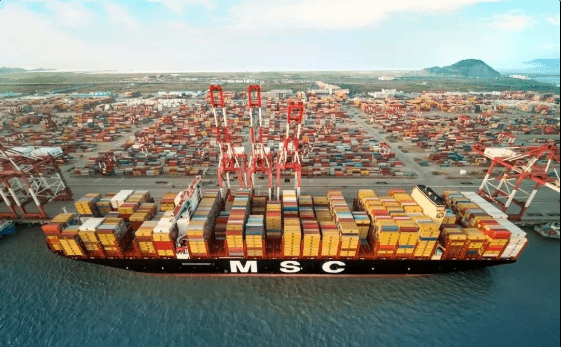
The six transshipment centers are located at bremerhaven in Germany, busan in South Korea, king abdullah in Saudi Arabia, lom in Togo, rodman PSA panama international terminal in panama and tekilda in Turkey.
Mediterranean shipping, said the new SOT services can influence gradually reduce outbreak response and freight services demand recovery, after a sudden growth of cargo demand, including food, fresh agricultural products, medical equipment and other basic goods daily, in order to meet the demand for raw materials and finished products in Asia, and to ensure the continuity of logistics services.
It is understood that the service will be available to all shippers of containers and all types of goods imported and exported from Asia, with the exception of refrigerated goods, dangerous goods and project goods (such as OOG goods that are not normally suitable for containers).









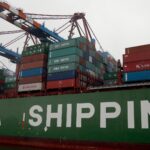
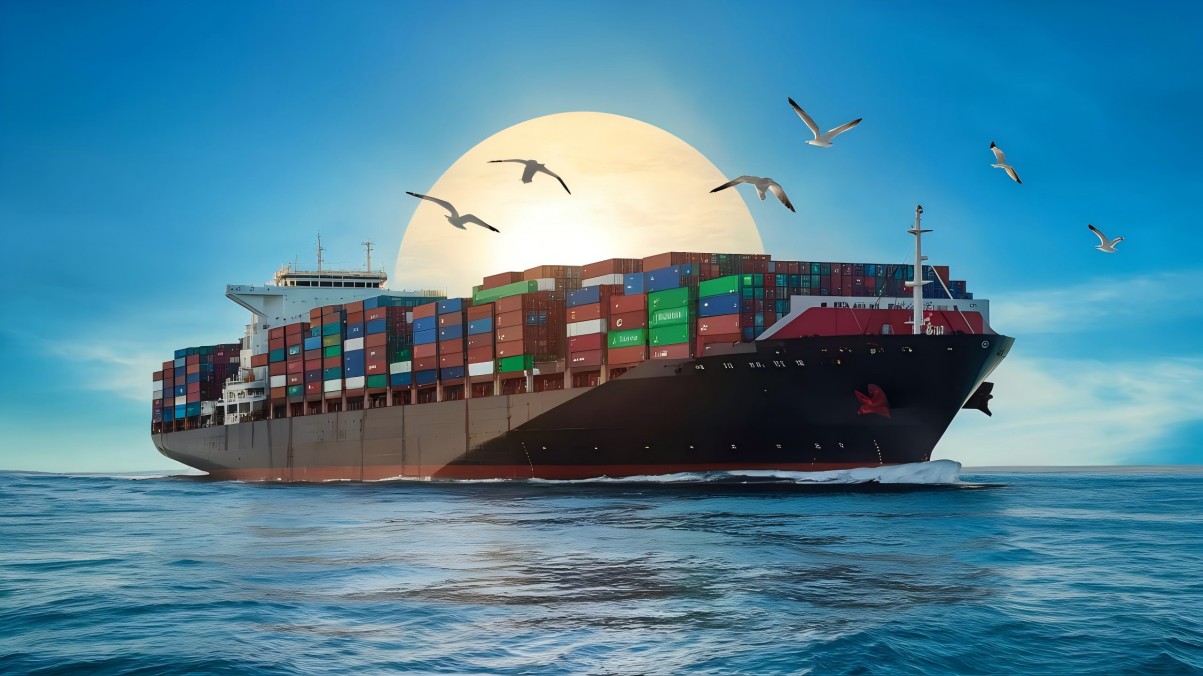

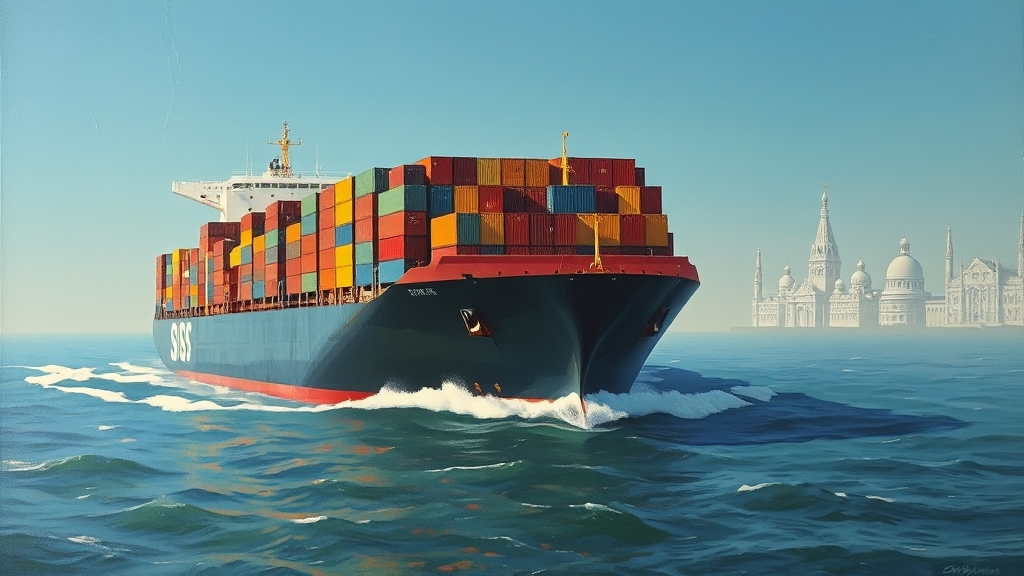
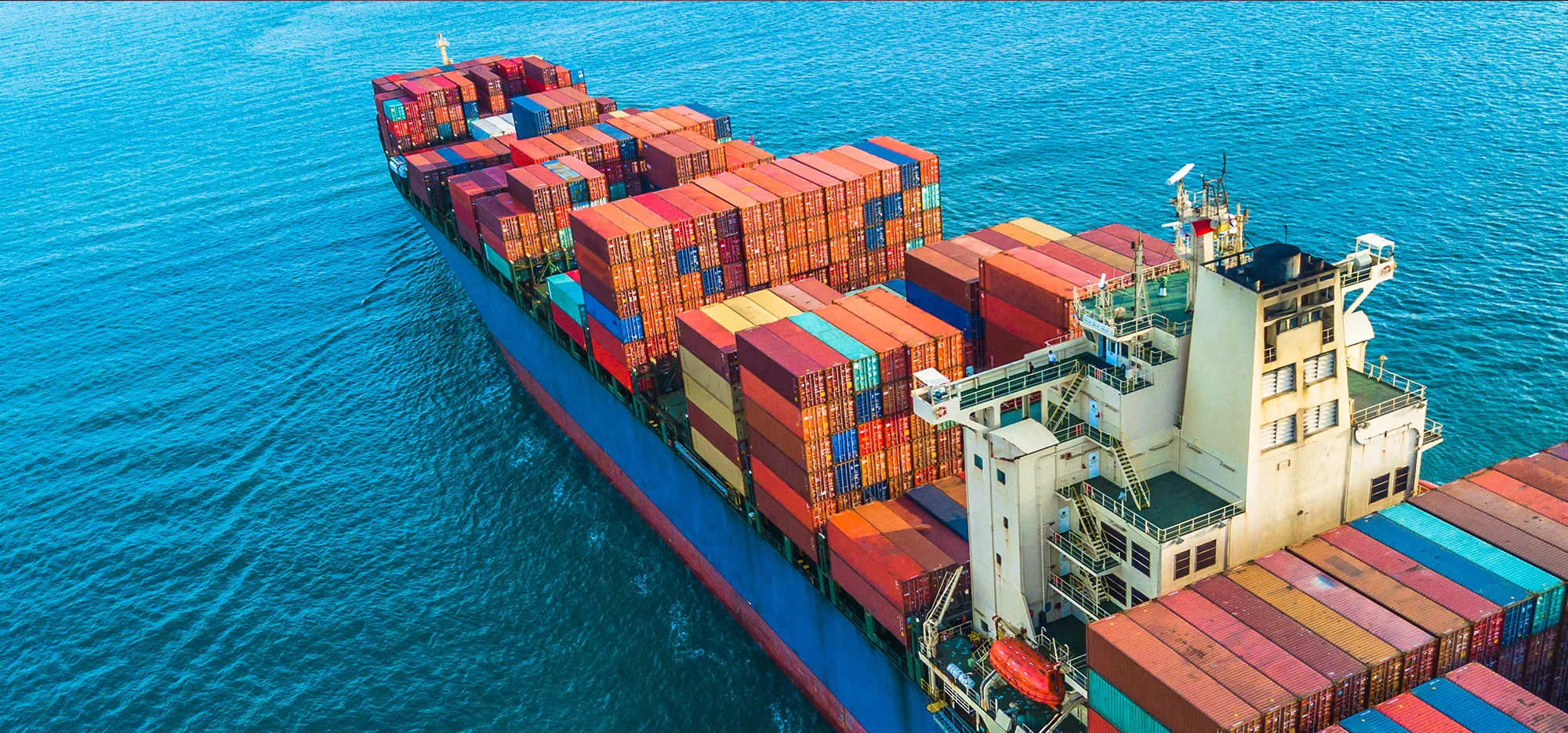
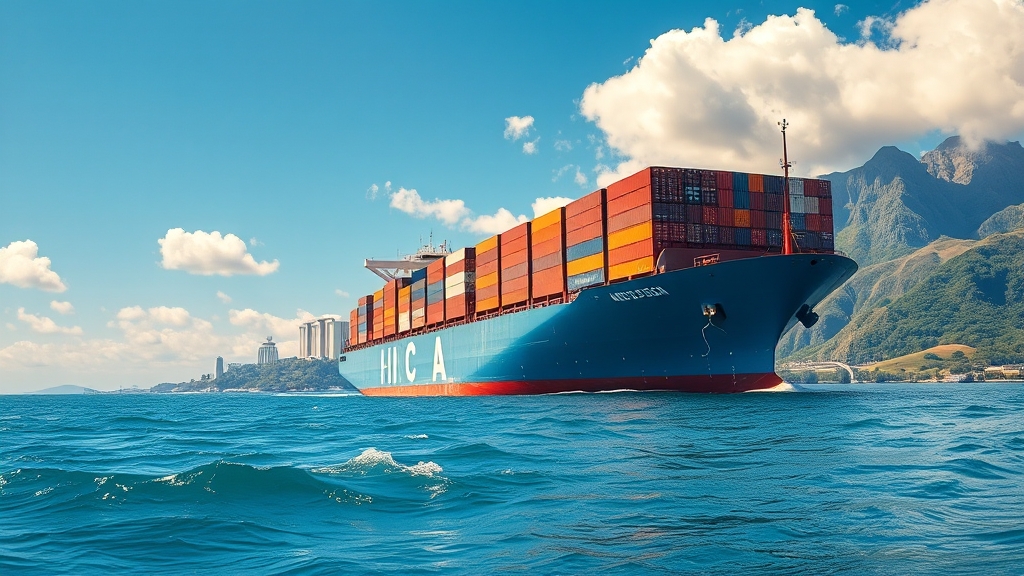





 Afrikaans
Afrikaans Shqip
Shqip አማርኛ
አማርኛ العربية
العربية Հայերեն
Հայերեն Azərbaycan dili
Azərbaycan dili Euskara
Euskara Беларуская мова
Беларуская мова বাংলা
বাংলা Bosanski
Bosanski Български
Български Català
Català Cebuano
Cebuano Chichewa
Chichewa 简体中文
简体中文 繁體中文
繁體中文 Corsu
Corsu Hrvatski
Hrvatski Čeština
Čeština Dansk
Dansk Nederlands
Nederlands English
English Esperanto
Esperanto Eesti
Eesti Filipino
Filipino Suomi
Suomi Français
Français Galego
Galego ქართული
ქართული Deutsch
Deutsch Ελληνικά
Ελληνικά Kreyol ayisyen
Kreyol ayisyen Harshen Hausa
Harshen Hausa Ōlelo Hawaiʻi
Ōlelo Hawaiʻi עִבְרִית
עִבְרִית हिन्दी
हिन्दी Hmong
Hmong Magyar
Magyar Íslenska
Íslenska Igbo
Igbo Bahasa Indonesia
Bahasa Indonesia Gaeilge
Gaeilge Italiano
Italiano 日本語
日本語 Basa Jawa
Basa Jawa ಕನ್ನಡ
ಕನ್ನಡ Қазақ тілі
Қазақ тілі ភាសាខ្មែរ
ភាសាខ្មែរ 한국어
한국어 كوردی
كوردی Кыргызча
Кыргызча ພາສາລາວ
ພາສາລາວ Latin
Latin Latviešu valoda
Latviešu valoda Lietuvių kalba
Lietuvių kalba Lëtzebuergesch
Lëtzebuergesch Македонски јазик
Македонски јазик Malagasy
Malagasy Bahasa Melayu
Bahasa Melayu മലയാളം
മലയാളം Maltese
Maltese Te Reo Māori
Te Reo Māori मराठी
मराठी Монгол
Монгол ဗမာစာ
ဗမာစာ नेपाली
नेपाली Norsk bokmål
Norsk bokmål پښتو
پښتو فارسی
فارسی Polski
Polski Português
Português ਪੰਜਾਬੀ
ਪੰਜਾਬੀ Română
Română Русский
Русский Samoan
Samoan Gàidhlig
Gàidhlig Српски језик
Српски језик Sesotho
Sesotho Shona
Shona سنڌي
سنڌي සිංහල
සිංහල Slovenčina
Slovenčina Slovenščina
Slovenščina Afsoomaali
Afsoomaali Español
Español Basa Sunda
Basa Sunda Kiswahili
Kiswahili Svenska
Svenska Тоҷикӣ
Тоҷикӣ தமிழ்
தமிழ் తెలుగు
తెలుగు ไทย
ไทย Türkçe
Türkçe Українська
Українська اردو
اردو O‘zbekcha
O‘zbekcha Tiếng Việt
Tiếng Việt Cymraeg
Cymraeg יידיש
יידיש Yorùbá
Yorùbá Zulu
Zulu